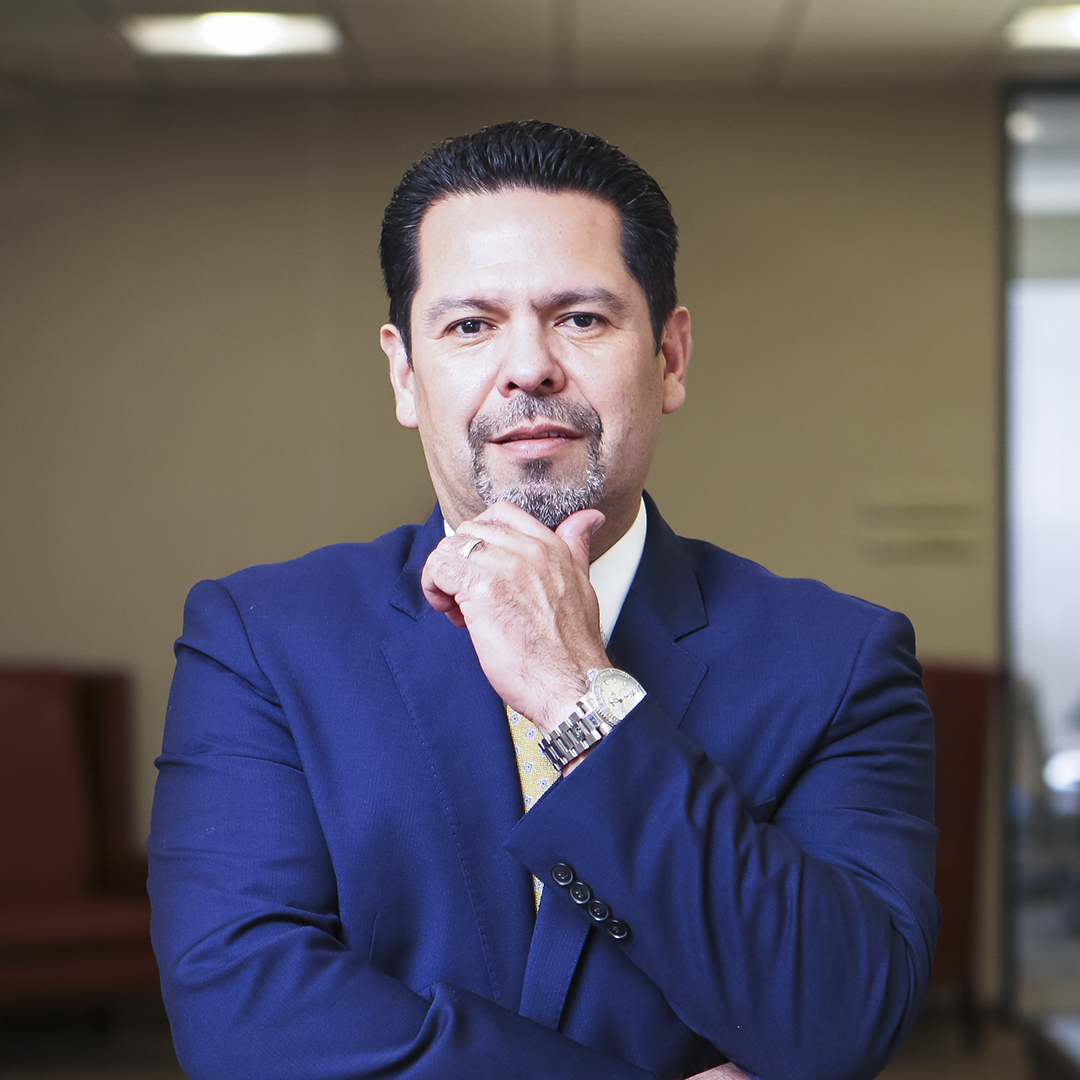|
Getting your Trinity Audio player ready...
|
Geovani Bonilla is in the middle of yet another crisis. He received a call alerting him that two Indiana University Health Plans patients are overseas, need medical care, and are unable to come home.
“This is why we do what we do,” Bonilla says. “We need to navigate the regulations of the country and figure out how to get them home and give the best coverage we can.”

Despite the crisis, the vice president of medical operations says these moments are when he feels most upbeat about his work. In this often-challenging job, Bonilla never seems negative. He focuses on his team’s singular goal of helping Indiana become the healthiest state in the country, all while navigating a sea of regulation, deregulation, and one of the most uncertain moments in Medicare history.
As fragments of the Affordable Care Act are rolled back in Indiana, more employers are seeking to reduce regulatory burden of fully insured coverage and become self-insured, essentially taking on the risk of their employees, and in the process sometimes limiting the scope of what their workers can receive coverage for. “Employees are being impacted in ways they don’t understand,” Bonilla says. “That makes it challenging for us.” IU Health Plans is then tasked with creating more varieties of benefits packages and exponentially increasing the day-to-day operations of Bonilla’s team.
As the Medicare population rises to all-time-high levels, murky regulatory waters and literal weekly on-a-dime changes from the federal government mean IU Health Plans has to walk two very different, concurrent paths. “We need to build systems and strategies to make sure we’re compliant but also quickly adapt to change,” Bonilla says. “The regulatory landscape is interesting, especially since we’re doing a lot of rollbacks on what was put in place by the previous administration.”
“We need to build systems and strategies to make sure we’re compliant but also quickly adapt to change. The regulatory landscape is interesting, especially since we’re doing a lot of rollbacks on what was put in place by the previous administration.”
The pharmacy department has had to increase resources just to keep up with the weekly memos from Medicare. “Not only do they have to manage the medical costs but also what do we do with patients when they reach the infamous ‘donut hole,’” Bonilla says of the coverage gap that leaves a lot of Medicare patients paying out of pocket.
Meanwhile, the quality department is tasked with maintaining IU Health Plans’ high rankings. “Our quality and rankings are dependent on how well we get our patients to come in and see their doctors,” Bonilla says. “We have to develop strategies to work with physicians to engage the patients—and engage the patients ourselves.” That means encouraging men to get colorectal screening and other tasks that patients are likely to avoid as long as possible.
Bonilla speaks confidently about the unenviable task of working with healthcare professionals to manage patient costs. At worst, doctors can think they’re being told how to practice and prescribe. Bonilla says understanding and empathizing with doctors is essential because, ultimately, they are both working toward healthy patient outcomes. And it’s the same for IU Health Plan’ customers.
“Patients may want ‘the purple pill’ because that’s what they’ve seen on TV, and millions of marketing dollars have been spent to make sure they see it,” Bonilla says. “It also may cost $1,000 a month. The ‘green pill’ may have the exact same effect but at a fraction of the cost.”
The VP isn’t speaking out of turn. Bonilla’s previous twelve years in hospice management services made it mandatory for anyone speaking with a doctor to understand what was at stake.
“We were expected to understand the pharmacology behind the medication, how the medication was administered, how to change the dosage in the meds, and, most importantly, if I was going to talk to a doctor about changing from one medication to another, I had to be able to explain the rationale and convert the dosages,” Bonilla says. “It was just an expectation of the job.”
Bonilla says he learned at an early age that if he wanted to be credible and be taken seriously, he knew he was going to have to do his homework.
“My first job was as a bag boy at Winn-Dixie, and I was going to be the best bag boy there was,” Bonilla says.
He adds that IU Health Plans will continue to be mission-oriented by heeding CEO Dennis Murphy’s assertion that measuring the success of the organization isn’t about the bottom line, it’s about excess revenue to reinvest in the health of the state.

